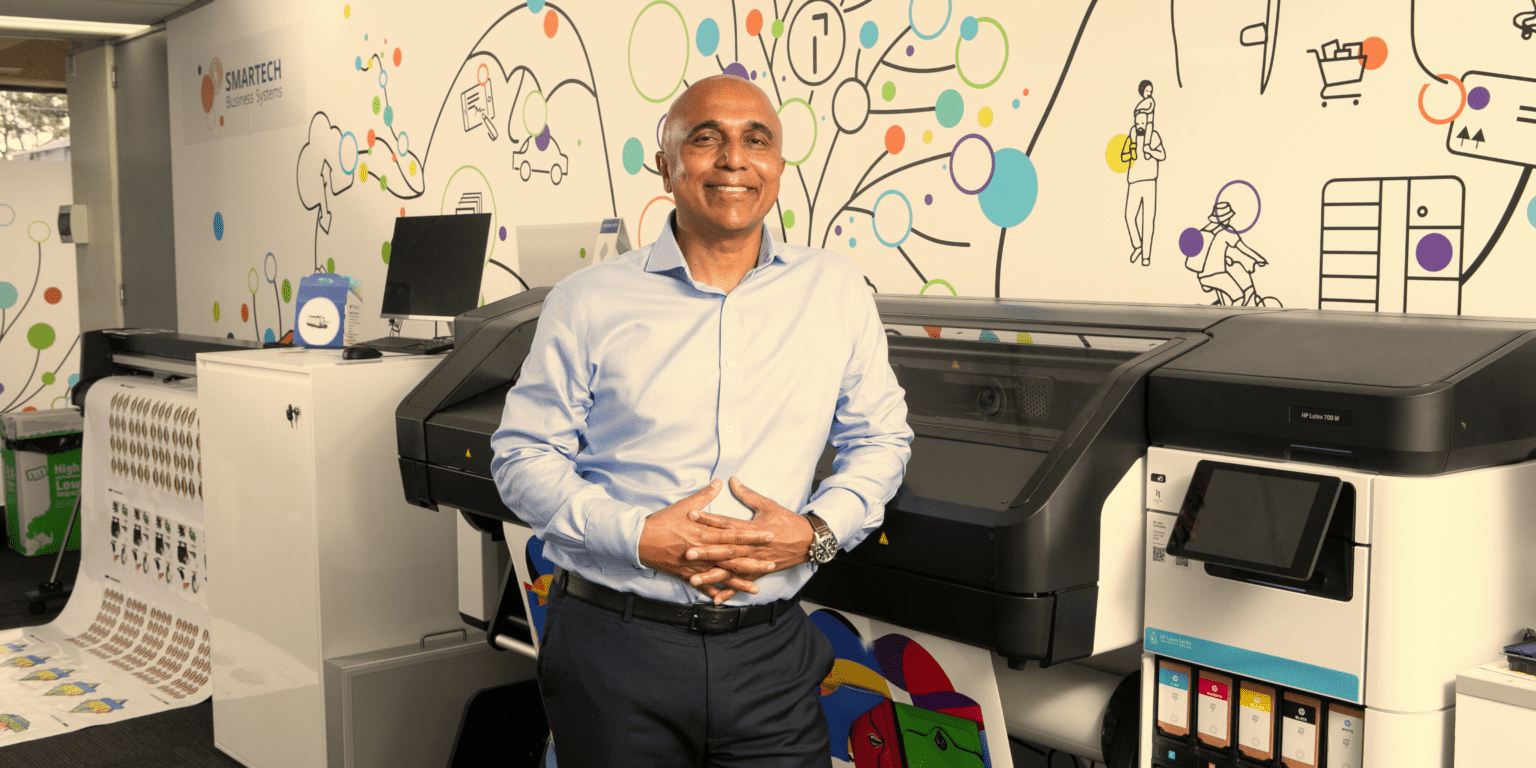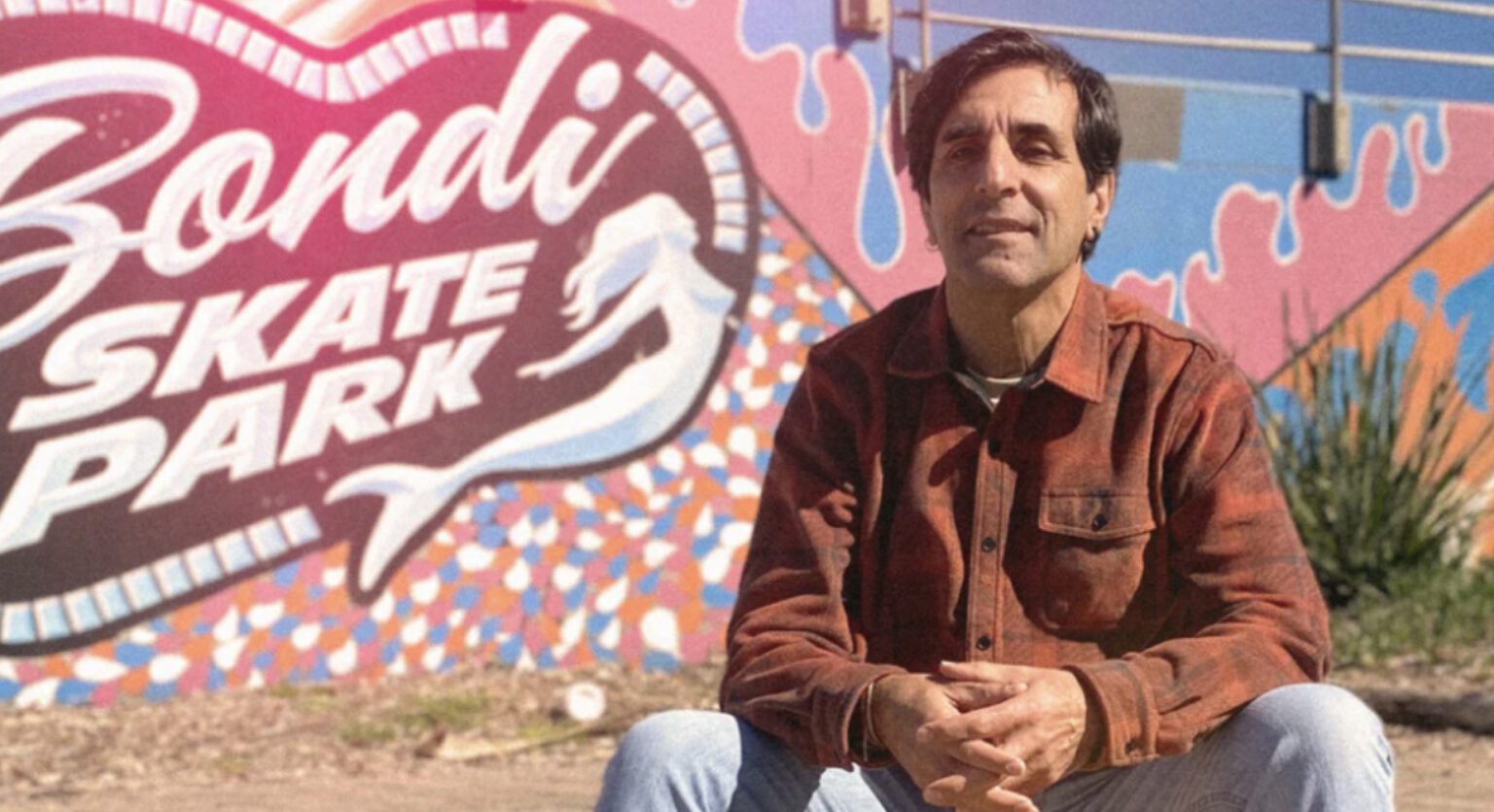An organic beauty company and a technology solutions provider share their lessons on how small businesses can minimise their impact on the environment.
At a glance
Here’s a snapshot of the advice from our interviewees:
- Taking action to increase sustainability aligns with Australia's net-zero pathway and can result in financial returns for small businesses.
- Over-reliance on carbon offsets can hinder meaningful change and distract from implementing sustainable practices.
- Ecommerce entrepreneur Aida Rejzovic has invested in waste-reduction and recycling initiatives to empower consumers to lead more sustainable lifestyles.
- Smartech Business Systems has taken control of its environmental footprint by establishing its own eco centre for recycling and refurbishing projects.
In the face of an escalating climate crisis, businesses are under pressure to help reduce Australia’s carbon footprint.
Small businesses can face greater hurdles than their larger counterparts when it comes to adopting eco-friendly practices, due to barriers such as financial constraints and lower headcounts.
However, through strategic partnerships and resource optimisation, two small businesses have made significant strides in reducing their environmental footprint and contributing to a more sustainable future.
Why don’t they just use carbon credits?
Purchasing Australian carbon credit units (ACCUs) may seem to be a convenient avenue for small businesses to compensate for their emissions. However, recent research has revealed that the offsets generated through ACCUs are not as effective as once thought.
Earlier this year, an ANU study found that up to 80 per cent of carbon credits issued under three of the Australian Emissions Reduction Fund’s most popular projects did not represent genuine emissions cuts that wouldn’t have happened otherwise.
Even if businesses could depend on the offset scheme to mitigate their carbon footprint, over-reliance on ACCUs can distract them from initiating meaningful change. Purchasing credits can foster a false sense of sustainability, allowing companies to continue with a business-as-usual mindset rather than taking steps to make their practices more sustainable.
As the collective sense of urgency around climate change grows, it’s crucial that businesses of all sizes create comprehensive emissions reduction policies to avoid letting short-term fixes like ACCUs get in the way of long-term solutions.
We asked two small business owners who’ve prioritised sustainable practice instead of relying on carbon credits to share what they’ve learnt along the way.
Aida Rejzovic, Sassy Organics
“It is costing our business, but we know it’s for a higher good. We [also] know that we’ve got a decent community of customers that are environmentally friendly, and they really appreciate it.”
Aida Rejzovic is the founder of Sassy Organics, an all-natural, vegan and organic ecommerce store committed to helping its customers adopt a healthier and more compassionate lifestyle.
“[Environmental issues] weren’t really at the top of my mind when I initially launched Sassy Organics – it was my first priority that our products were toxin-free and organic. But as I learned more about business and the environmental [factor], I thought to myself, ‘You just have to do something about this – yes, it may cost you initially, but the customers you’ll gain will be worth it in the long run’.”
In 2020, Sassy Organics removed all plastic from its online order packaging. Every aspect of the company’s current packaging has been thoughtfully designed to be eco-friendly, from the biodegradable packing tape to the soy ink used for its logo.
Since the re-design, Aida says the company has saved close to 400kg in plastic packaging.
“We also became a part of TerraCycle, which is an organisation that allows us to collect and recycle plastic bottles and packaging from beauty products,” Aida says. “Our customers can send us their empty bottles, whether they bought them from us or elsewhere, and we send them [to Terracycle for recycling].”
This partnership offers peace of mind both for the business and its customers, who are increasingly aware of the shortcomings of council recycling.
“Sometimes our customers find out that, even though they may be separating all their rubbish and putting it in the bin where it belongs, councils sometimes can’t recycle it and end up taking it to landfill. So they send it to us. The shipping typically costs them around $10, so we offer customers $10 store credit [when they do this] so they don’t have to be out of pocket,” Aida says.
“It is costing our business, but we know it’s for a higher good. We [also] know that we’ve got a decent community of customers that are environmentally friendly, and they really appreciate it.”
Sassy Organics was a finalist in the Top Sustainable Retailer category at Power Retail’s 2021 awards and nominated in the Best Organic Health & Beauty Retailer and Eco Conscious Excellence categories in APAC Insider’s 2022 awards.
Vincent Nair, Smartech Business Systems
“Given our operations require natural resources, anything we can do to diminish our usage will result in a stronger balance sheet.”
Vincent Nair is executive chairman and CEO of Sydney-based commercial printer Smartech Business Systems.
As well as implementing a zero-landfill policy, Smartech has created a refurbishment project to recycle end-of-lease devices and turn them into products and parts that are as good as new – or even better. Through this project, the company has prevented more than 280 machines from ending up in landfill.
“It’s important that we implement sustainable practices in the business because we see the big picture – the implementation of Australia’s net zero pathway and moves to regenerate our native forests,” he says.
“Changing any business operation from ‘this is how it has been done’ to ‘this is how it should be done’ is always difficult and requires a plethora of engagement with stakeholders to ensure there aren’t any unintended or hidden consequences.
“For us, that involves prioritising our valued staff and customer base across multiple offices to ensure instantaneous harmonisation of procedures.”
Nair also stresses that taking action to combat climate concerns makes good business sense, citing an EY study in which 70 per cent of more than 500 global companies reported higher-than-expected financial returns on climate initiatives.
“Given our operations require natural resources, anything we can do to diminish our usage will result in a stronger balance sheet.”
For small businesses owners looking to get started with new environmental initiatives, he advises a measured approach.
“While the need to decarbonise and reduce the use of environmental resources is pressing across many industries, I would suggest ‘making haste slowly’ – it is good to have triple bottom line impact, but [remember] one of those bottom lines is profitability. It becomes harder to save the planet if you don’t have the financial resources to do so.”
At Prospa, we’re serious about our impact on our people, communities and the planet. We’ve partnered with Trace to measure, minimise and offset carbon emissions to reduce our impact on the environment. We’ve also switched our main office over to green energy. As well as working to reduce its carbon emissions, Prospa has offset 100% of carbon emissions from its energy use, suppliers, travel, and waste for the 12 months to February 2022, via funding to audited climate projects including:
- Cool Fire Traditional Land Management, Arnhem Land NT, Australia: Supports Arnhem Land Fire Abatement, which uses the technology of traditional owners and contemporary knowledge to conduct fire management across more than 80,000sq.km
- Coorong Lakes Biodiversity Conservation, South Australia: Partners with traditional owners to protect and restore the native landscape, producing biodiversity credits.
- Efficient cookstoves, Kathmandu Valley, Nepal: Distributes cooking stoves that emit less harmful smoke and use less firewood.
- Katingan Peatlands Conservation, Central Kalimantan, Indonesia: Protects 150,000 hectares of peat swamp, which was under threat of clearing for a commercial Acacia plantation. This prevents the release of 7.5 million tonnes of CO2 per year.
- Generating clean wind energy, Telangana, Andhra Pradesh, Madhya Pradesh and Rajasthan, India: More than 150 wind energy generators across four states feed clean energy into the grid, reducing reliance on thermal power stations and fossil fuels.
Looking to fund a strategic initiative? Speak with one of our small business lending specialists.








